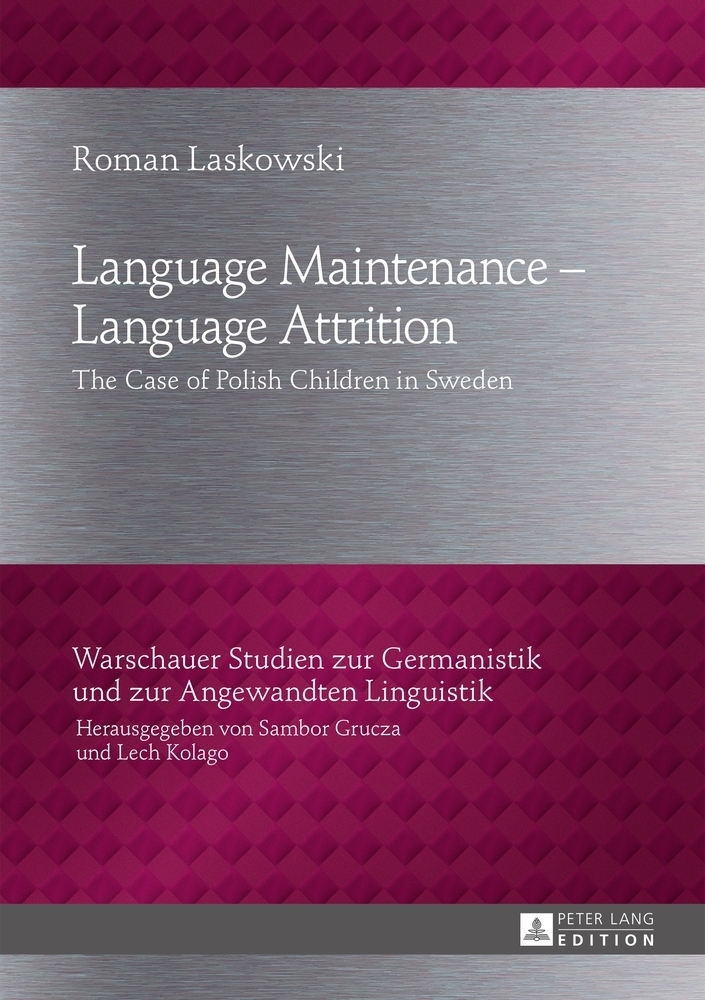
Zustellung: Di, 10.06. - Fr, 13.06.
Versand in 1-2 Wochen
VersandkostenfreiBestellen & in Filiale abholen:
The book describes the factors influencing the maintenance of Polish by the second generation of emigrants in Sweden. It indicates the systemic mechanisms governing the acquisition of Polish by a child in a bilingual setting. Particular attention is given to the acquisition of the category of case.
The monograph, based on broad studies into the Polish diaspora in Sweden, provides a picture of the social factors influencing the maintenance of the heritage language and culture by the second generation of emigrants. The author's main objective, however, is to discover the systemic mechanisms underlying language acquisition by children in a bilingual setting and to investigate the influence of the interference from the dominant language on the acquisition of Polish. A particular attention is devoted to the category of case, which is absent from Swedish. Although it, generally, represents a description of a particular linguistic material, in fact the book addresses problems of the theory of language acquisition. The results and conclusions enable a better understanding of the universal semiotic and psychological principles that motivate the structure of the grammatical system of a natural language.
Inhaltsverzeichnis
Contents: Polish children in Sweden - Idiolects of Polish children in Sweden: The phonological system, inflection, syntax, vocabulary - The category of case: Disintegration of the case system in idiolects of the Polish diaspora - Acquisition of case by a bilingual child in the second year of life (a case study) - Some remarks on the case acquisition mechanisms.
Produktdetails
Erscheinungsdatum
29. Dezember 2014
Sprache
englisch
Seitenanzahl
240
Reihe
Warschauer Studien zur Germanistik und zur Angewandten Linguistik
Autor/Autorin
Roman Laskowski
Verlag/Hersteller
Produktart
gebunden
Gewicht
420 g
Größe (L/B/H)
18/148/210 mm
ISBN
9783631626825
Entdecken Sie mehr
Bewertungen
0 Bewertungen
Es wurden noch keine Bewertungen abgegeben. Schreiben Sie die erste Bewertung zu "Language Maintenance - Language Attrition" und helfen Sie damit anderen bei der Kaufentscheidung.









